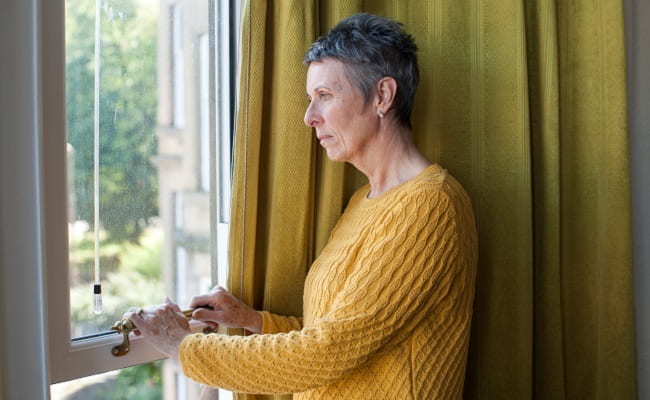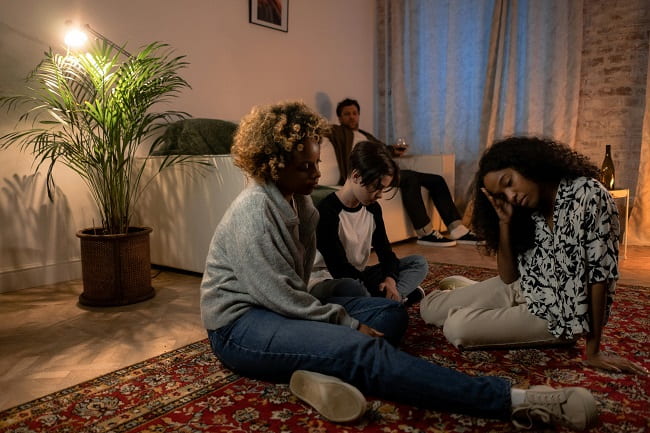Content warning: This article contains information about domestic abuse, which some may find upsetting.
A new toolkit to support cancer professionals to identify and respond to signs of domestic abuse in patients with cancer and their carers is being launched today [26 March]. The toolkit has been developed in partnership with the University of Bristol, Standing Together Against Domestic Abuse, and Macmillan Cancer Support.

Domestic abuse and cancer are common, and a cancer diagnosis can trigger abusers to escalate their abuse or use new types of abuse. The toolkit has been designed to equip cancer professionals in secondary and tertiary care with an understanding of different types of domestic abuse and cancer-related vulnerabilities, red flags to look out for in the cancer context, and what to do if they suspect someone is experiencing domestic abuse. The toolkit is designed to complement existing domestic abuse training in NHS Trusts.





